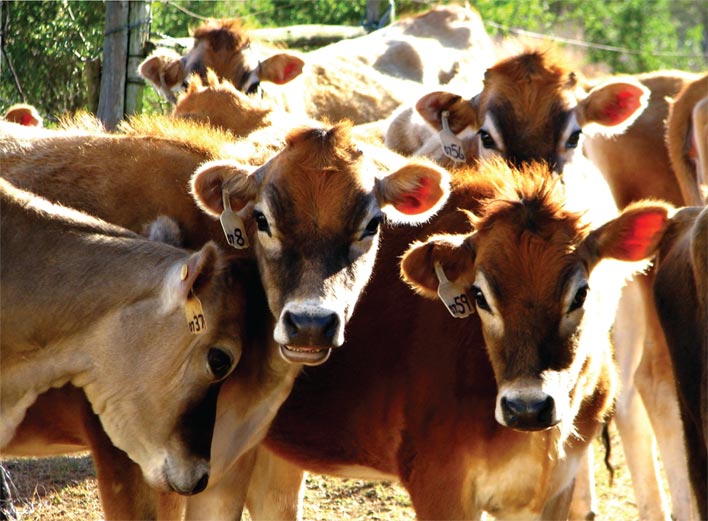September 2016
Many owners of small businesses think they do not have to keep good records and control the finances of his/her business simply because they are small. They think that all ‘bookkeeping’ stuff is for the bigger businesses and they think because their business is small, they know exactly what's going on with the finances of their business.
It might be true for a while but one of the main reasons for the failure of small businesses is because they do not understand or manage their finances properly. In previous articles we have emphasised that the foundation of the management of your business is your financial management – it brings all aspects of your management together providing a true answer to the success of your business. And cash flow is a very important aspect of the finances of your business and needs to be managed properly.

Why is cash flow important? Any business has expenses which have to be paid for instance, on a regular monthly basis such as salaries, electricity bills, telephone accounts, feed, etc. There may also be contractual payments on loans which must be paid on a quarterly, six monthly or annually basis or at harvest time. These expenses must be paid when they are due and the payments cannot be postponed or changed at will. Therefore, it is important to have cash available when the payments are due.
Unfortunately as we have stated numerous times proper management entails extra effort from the manager and the only way to manage or to keep an eye on your cash is by means of a cash-flow budget. The first step of this process is to compile a projected or estimated cash flow budget.
Remember in real terms the inflows and outflows must be indicated in much more detail. As can be seen from this projected budget there is a short fall on cash for 10 of the 12 months, a typical example of a crop farmer. To manage the cash flow this farmer must either save his income from June or he will have to borrow from a financier. To borrow will result in an extra expense namely interest to be paid on the borrowed money. Or this farmer can reconsider his production and perhaps consider to diversify to include for instance a broiler chicken enterprise (vertakking) which will provide a cash inflow on a monthly basis.
After this step (to compile a projected cash flow budget) the next step is to compile a real cash flow statement on a monthly basis as the year proceeds and to compare the real cash flow with the projected budget. However, you must put in an effort to work according to this plan but remember a cash flow budget is only part of the bigger plan – your total budget.
By doing this a farmer knows how much money comes into the business and important when, and how much is spent on what and when. It helps to make provision in time for large expenses and from this it helps the farmer to make decisions on credit requirements and repayment conditions. From the example it is clear that this farmer must negotiate the repayments for loans during July when he will have cash available. This budget will also help the farmer to prevent spontaneous or impulsive purchases, in other words, discipline regarding cash flow is enhanced.
Very important also is that this budget facilitates the communication between the farmer and his/her financier. These days financiers require this type of information contained in a cash flow budget before loans are granted. It will show financiers that you are in control of your finances. By managing your cash responsibly in this way you will survive and emerge more trusted and respected than ever before with a solid history of creditworthiness. In the future you may then find it far easier to acquire credit because people respect honesty and integrity.
Compiling a cash flow budget is time consuming but remember – practice makes perfect – and use as much sources as possible to obtain the necessary information to compile the budget. Farmers who have been doing this for a number of years will confirm that it is actually amazing how accurate your budget becomes over time. It becomes easier and more accurate every year provided you really put in an effort to use reliable information. Unfortunately unforeseen events such as the drought we have been experiencing could disrupt your financial plan. But any plan is better than no plan and if you have a plan it is that more easier to adapt your existing plan to the unforeseen event and then use the adapted plan.
For the survival of your farming business it is important to keep an eye on your cash especially after the drought we have been experiencing.
Article submitted by Marius Greyling, Pula Imvula contributor
For more information, send an email to mariusg@mcgacc.co.za.
Publication: September 2016
Section: Pula/Imvula